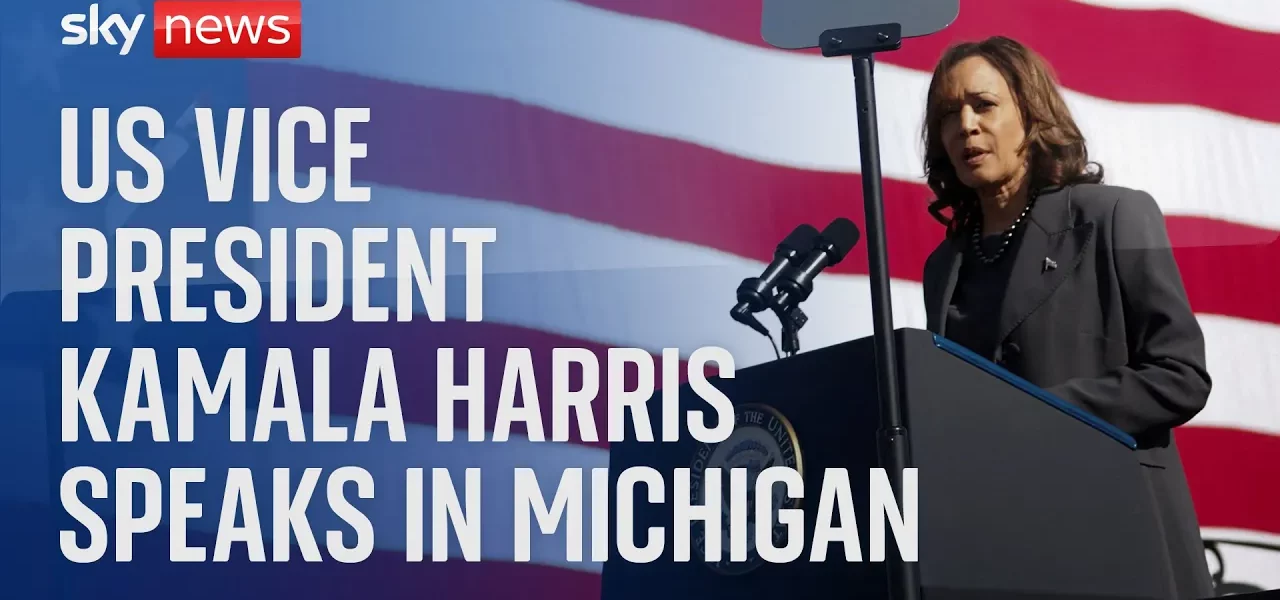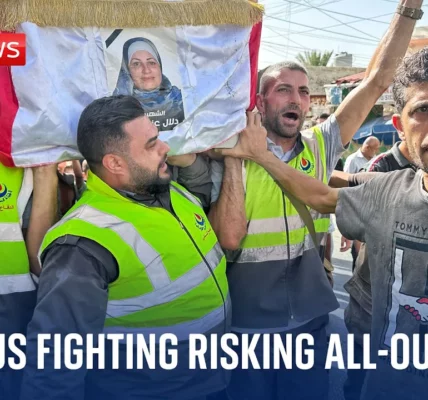Reproductive Rights and Political Engagement: A Conversation in Michigan

In a pivotal moment for American democracy, leaders gather in Michigan to discuss pressing issues surrounding reproductive rights and the need for political unity. This article explores the key points discussed during this significant event, emphasizing the importance of civic engagement and the protection of individual freedoms.
Introduction
The recent gathering in Michigan served as a critical platform for discussing the evolving landscape of reproductive rights in America. With the political climate shifting dramatically, leaders are compelled to address not only the implications of recent legislation but also the moral duty to safeguard freedoms that many Americans hold dear. This conversation, led by prominent figures, reiterates the urgency of unity in a time of turmoil and division.
The Importance of Political Unity
As the event commenced, a somber reflection on recent political violence set the tone for the discussions ahead. The attempt on the life of former President Trump was condemned as a cowardly act, emphasizing that no public servant should fear for their safety. The call for unity echoed throughout the gathering, with leaders advocating for a civil discourse that prioritizes the exchange of ideas over hostility.
Key Points of Discussion
- Importance of safety for public officials
- Condemnation of political violence
- Call for civil engagement in political discourse
The Reproductive Rights Debate
One of the primary topics of the event was reproductive rights, a subject that has become increasingly contentious in recent years. With significant legal changes affecting women’s rights, the conversation shifted to the implications of these decisions on personal freedom and healthcare access.
Historical Context
Just over two years ago, the Supreme Court’s decision to overturn established rights left many women vulnerable to restrictive state laws. This prompted an urgent need for leaders to advocate for reproductive freedom actively.
Impact of Recent Legislation
The event highlighted several state-level laws that have criminalized healthcare providers and restricted access to necessary medical care for women. Notably, laws in some states impose severe penalties on healthcare providers, significantly impacting women seeking assistance after traumatic experiences like miscarriages.
- Life imprisonment for certain healthcare providers in Texas
- Lack of exceptions for rape and incest in abortion laws
- Impact on women’s health and access to care
Personal Stories and Broader Implications
The sharing of personal stories by attendees further underscored the emotional and physical toll that restrictive reproductive policies can have on individuals. Many women shared their experiences, revealing the profound challenges they faced in navigating these laws.
Experiences of Women
- Women experiencing miscarriages facing denial of care
- Struggles of mothers seeking reproductive healthcare
- Challenges of traveling for medical assistance in restrictive states
This discourse revealed a shift in public opinion, with more individuals recognizing the need for compassionate, informed policies that respect personal choices regarding reproductive health.
Strategies for Mobilization and Advocacy
As the conversation progressed, leaders emphasized the need for community building and voter mobilization in light of the upcoming elections. Engaging with constituents and ensuring their voices are heard was highlighted as a crucial strategy for safeguarding reproductive rights.
Effective Mobilization Tactics
- Encouraging voter registration and participation
- Building coalitions across political lines
- Utilizing social media for outreach and education
Importance of Personal Connection
Reminding individuals that they are not alone in this fight is vital. Personal connections through outreach can empower communities to take action and make informed decisions at the polls.
Conclusion
The conversations held in Michigan highlight the critical intersection of reproductive rights, political engagement, and community solidarity. As leaders call for unity and action, it is evident that the power lies within the people to shape the future of democracy and protect individual freedoms. It is essential for citizens to remain engaged and proactive in the political process, ensuring that their voices are not only heard but also respected. As we approach the upcoming elections, let us all commit to standing together in support of our rights and freedoms.
For more information on how to engage in the political process and advocate for reproductive rights, consider checking out related articles on our website.
“`




